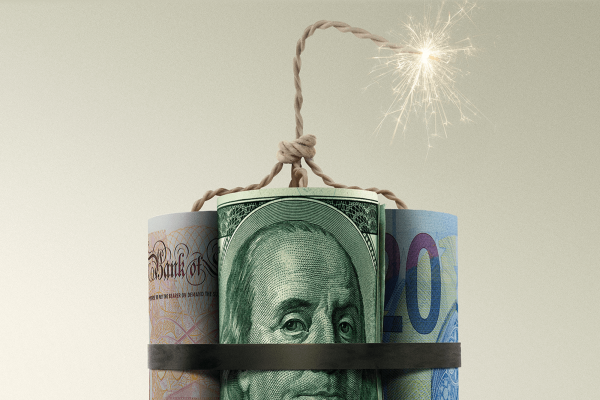OK, I ADMIT IT. I haven’t read Thomas Piketty’s 700-page Capital in the Twenty-First Century, the most talked about economics book of recent decades. There are too many novels in the world, and economics is hard. But not to worry, even for numerophobes like me, documentary filmmaker Justin Pemberton has come to the rescue with a quick and clever 103-minute movie of the same name that lots of people who claim to have read Piketty’s book say is, if a not a sufficient replacement, at least an effective companion.
Despite the title, the bulk of the film covers the 18th, 19th, and 20th centuries: A rotating cast of talking heads (including Piketty’s own) narrate the story of wealth in Europe and North America—from the palace of Versailles (“Royals” by Lorde on the soundtrack) to the slave markets of New Orleans and the happy suburbs of mid-20th century America. All this is illustrated by a montage of clips from movies, includingLes Misérables (the old black-and-white version and the musical), Pride and Prejudice, The Grapes of Wrath, and many more, and Depression-era newsreel footage of striking workers battling police and seizing factories.
Read the Full Article

